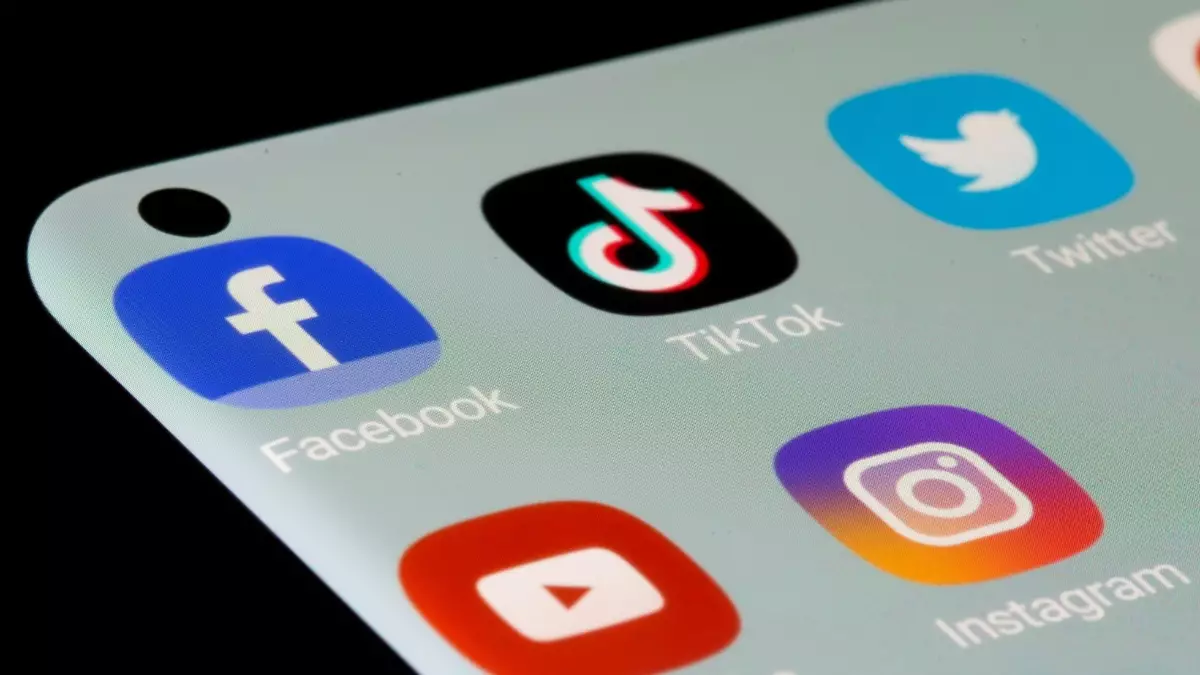Australia’s Prime Minister, Anthony Albanese, recently announced plans to set a minimum age limit for children to use social media, expressing concerns about mental and physical health issues caused by excessive screen time. The proposed age verification trial would pave the way for the implementation of age minimum laws for social media in the near future. Despite the government’s good intentions to promote outdoor activities and face-to-face interactions, the controversial measure has sparked a backlash from digital rights advocates, who fear that it could drive dangerous online activities underground.
If Australia proceeds with this plan, it will become one of the first countries globally to impose an age restriction on social media platforms. Meta, the parent company of Facebook and Instagram, has already set a self-imposed minimum age of 13. While Albanese aims to protect the well-being of young individuals, other proponents argue that restricting access to social media may have unintended consequences. For instance, young people might resort to using alternative platforms with less oversight and regulation, potentially exposing them to greater risks online.
The response from major social media companies, such as YouTube and TikTok, has been mixed. While Meta emphasizes the importance of empowering young users and providing parental support tools, Alphabet, the owner of YouTube, has remained silent on the matter. Industry experts caution that knee-jerk reactions to social media challenges could inadvertently harm young individuals by limiting their access to beneficial online spaces. Daniel Angus, from the Queensland University of Technology Digital Media Research Centre, raises concerns about the potential negative impacts of excluding young people from meaningful digital experiences.
As Australia grapples with the decision to implement age restrictions on social media, various stakeholders, including the eSafety Commissioner and industry bodies like DIGI, have offered insights into the possible repercussions. The eSafety Commissioner warns that restriction-based approaches may inadvertently hinder young people’s access to vital support networks and push them towards unregulated online platforms. DIGI stresses the importance of consulting with mental health experts and marginalized communities to avoid unintentionally driving young users towards unsafe digital environments.
The ongoing parliamentary inquiry into social media’s impact on society underscores the complexity of regulating online platforms. While concerns about the negative effects on teenagers’ mental health are valid, the practicality and effectiveness of age restrictions remain subject to debate. As Australia navigates the evolving digital landscape, it must strike a balance between protecting young users and ensuring their continued access to beneficial online resources. Collaborative efforts between government bodies, industry players, and advocacy groups are essential to refining Australia’s approach to online harms and promoting a safer digital environment for all users.


Leave a Reply